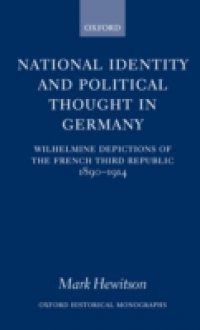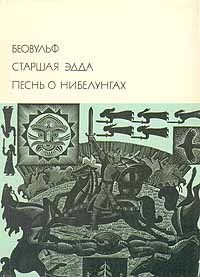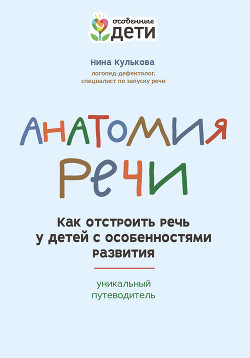This original study examines the interrelationship between the construction of national identity and the transformation of political thought in Germany before the First World War. During the decade or so before the war, the German Empire was challlenged openly by both left and right for the first time since the 1870s. Paradoxically, however, this pre-war crisis of Germanys system of government occurred during a period of increasing nationalism, which created a solidcross-party basis of support for the Empire as a nation-state. This pioneering study argues that Wilhelmine debates about the reform of the German Empire can only be understood in the context of a broader discussion and comparison of European and American political regimes which took place in Germany after the turn of the century. In such contemporary debates about a German Sonderwag, France remained a principal point of reference because French-style parliamentarism had come to be viewed as the main alternative to German constitutionalism. Byanalysing Wilhelmine depictions of the Third Republic, Dr Hewitson revises accepted interpretations of German politics and nationalism.




 10 (2)
10 (2) 















